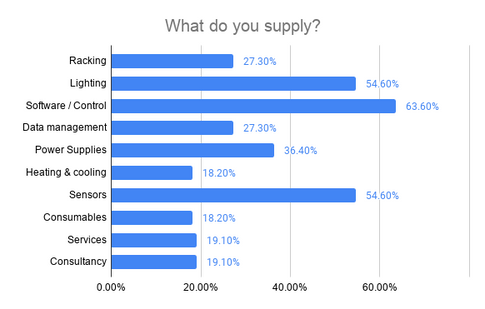
Understanding Business Contracts: Why Clarity and Protection Matter in AgriTech
As a business owner in the agritech sector, you’ll encounter numerous contracts throughout your company’s journey. These agreements may be with suppliers of cutting-edge farming technology, customers in need of sustainable produce, or even landowners for growing spaces. While the specifics of each contract may differ, they all have one thing in common—they impact your business in crucial ways. If you don’t fully understand what you’re signing, or worse, sign something without considering the implications, you risk exposing your business to costly and avoidable challenges.
The Risk of Onerous Clauses
Some contracts contain terms that can expose your agritech business to significant financial risks. One such clause is called an indemnity. This means that if your company makes a mistake or breaches the contract, you may be required to pay the other party for any losses that they suffer. While there are laws that limit how much can be claimed for damages, poorly written indemnity clauses could leave you vulnerable to unlimited claims. In the world of precision agriculture or urban farming technologies, this could lead to devastating financial consequences if, for instance, faulty equipment causes crop failure or delays in production.

The Importance of Clear Terms
When entering into any agreement, especially in agritech, it’s essential that the contract terms are clear and specific. Ambiguity can lead to misunderstandings, which may significantly affect your operations. For instance, you could encounter challenges with payment schedules or have difficulty terminating the contract if the other party doesn’t fulfil their obligations. Contracts should clearly outline the responsibilities of both parties to avoid misunderstandings, whereby in agritech, your operations often rely on precise timelines, whether it’s delivering a batch of smart farming devices or meeting production quotas in urban farming projects. Vague terms are not only hard to follow but also put you at risk of accidentally breaching the agreement. For reference, if an agreement is too vague with a supplier of AI-powered crop monitoring systems, this could result in confusion over service levels, leaving you without necessary support during peak growing seasons.
Protecting Your Intellectual Property (IP)
Intellectual property is often a major asset, and protecting it should be a priority when signing contracts, however, it is often something that businesses don’t think about. However, if you’re working with a third party—whether to design a logo or develop software—it’s important to specify who owns the resulting IP. Without clear terms, you could end up paying for work you can’t fully use or profit from, whereas including an IP clause ensures that your business owns and controls an IP created during the course of the contract. Take an example where you’re developing proprietary software for automated irrigation systems or creating new technology for sustainable farming, with a tech partner, it’s vital to ensure that your IP rights are clearly defined in any agreements. Without clear terms, you could find yourself in a situation where you have invested in technology or research but lack the rights to use or profit from it fully. Make sure the contract specifies that your business retains full ownership of the technology, allowing you to control future development and profits.

Including Clear Termination Provisions
Finally, every contract, especially in the fast-evolving agritech sector, should include a well-defined termination clause. Without one, you could be stuck in an agreement even if the other party breaches the contract, or if it becomes unprofitable or impossible to fulfil due to unforeseen circumstances. Examples include: changes in agricultural zoning laws or a failure in technology infrastructure and so on. A clear termination clause protects your business from long-term risks by outlining under what conditions you can exit the agreement. To illustrate this, imagine you’ve entered into a lease for a vertical farming space and local regulations change, making agricultural operations no longer feasible, a termination clause ensures that you can exit the contract without incurring additional penalties.

In summary, while contracts are a normal part of running a business, they should never be entered into lightly. Whether it’s protecting against financial risk, clarifying ownership of IP, or ensuring you have an exit strategy, it’s important to carefully review each contract and seek advice when needed. A little time spent understanding what you’re signing could save you from significant headaches down the road.

by Amy Peacey, Partner, Corporate & Commercial Law
For more information, please contact Amy:
amy.peacey@clarkewillmott.com
0345 209 1329
Blog written on behalf of Clarke Wilmott LLP, Southampton.





